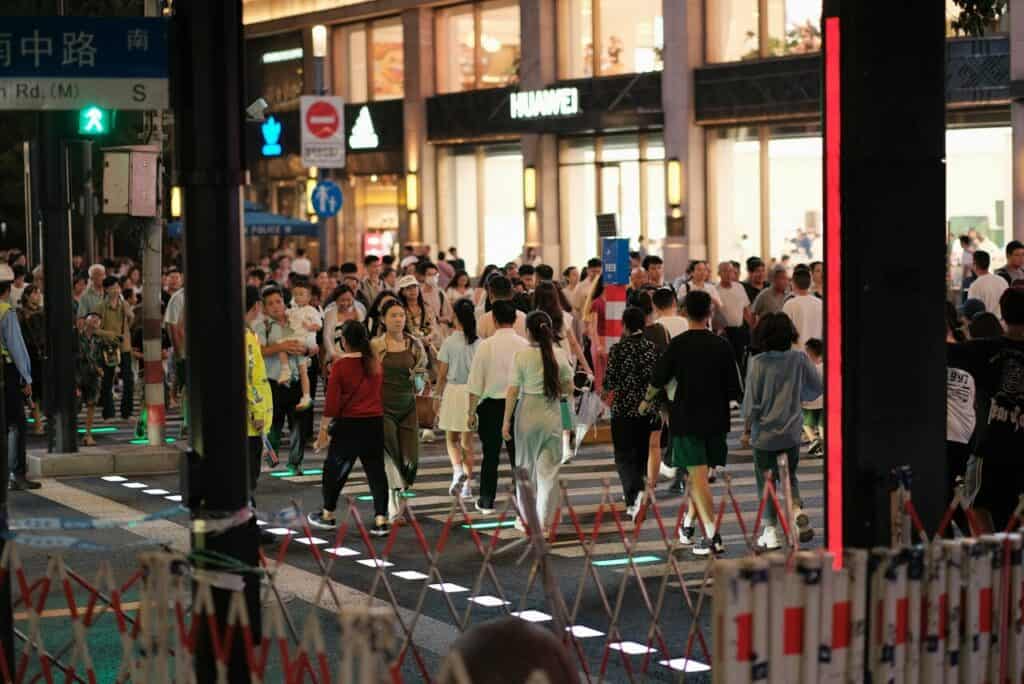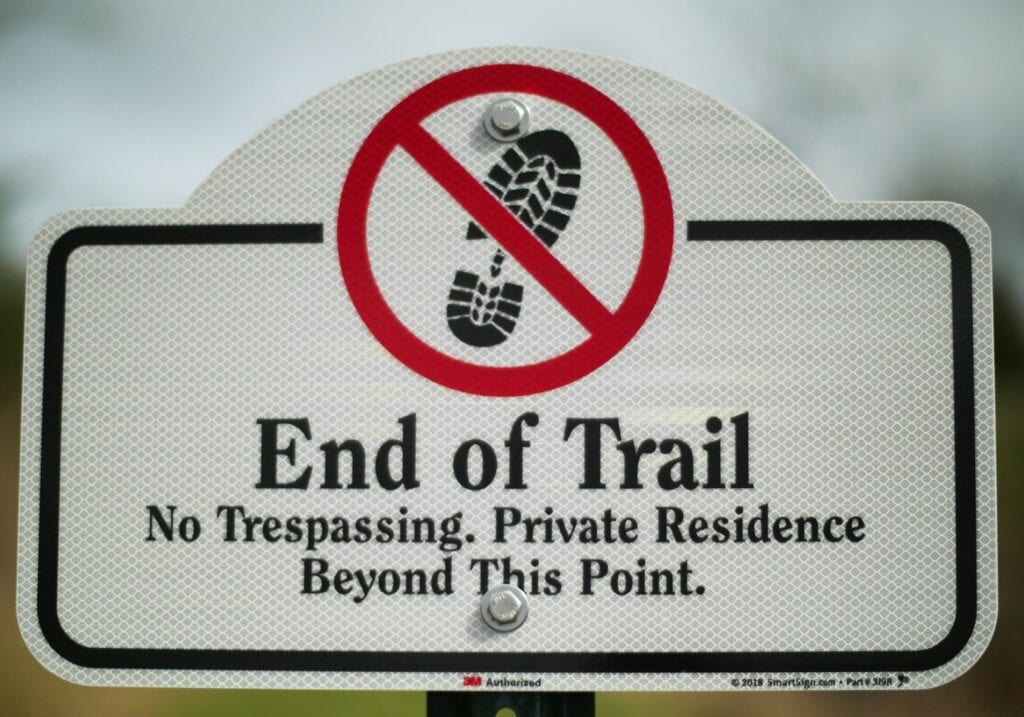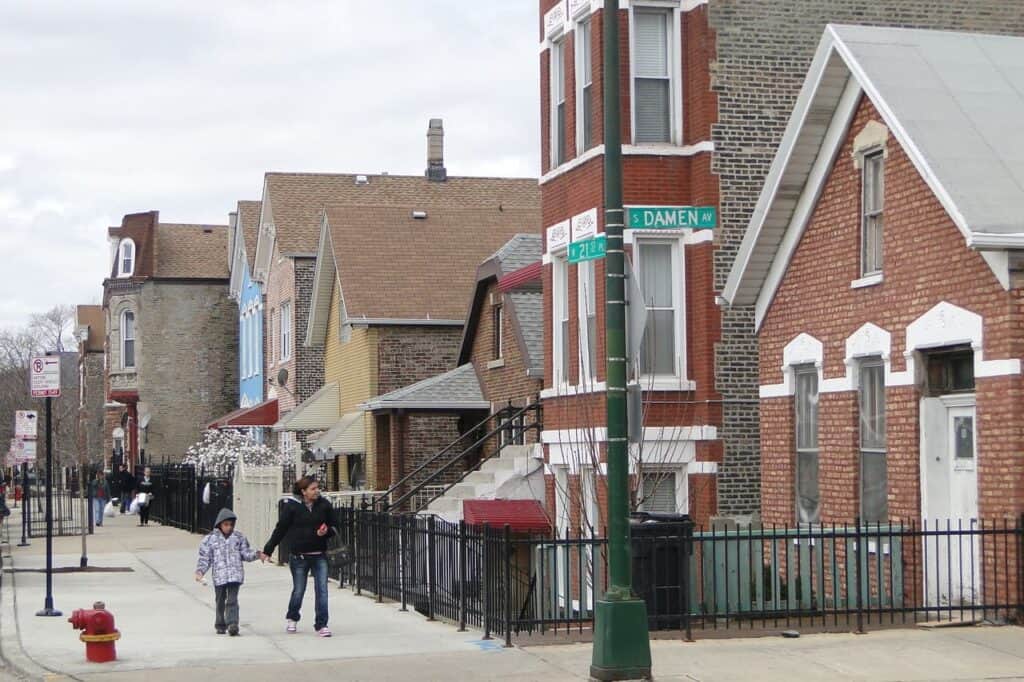We may earn money or products from the companies mentioned in this post. This means if you click on the link and purchase the item, I will receive a small commission at no extra cost to you ... you're just helping re-supply our family's travel fund.

In many popular destinations, American accents used to signal generous tipping, easy laughter, and genuine curiosity. Lately, more locals talk about raised voices, careless behavior, and a sense that some visitors see their hometown as a backdrop, not a real place. Social media clips of arguments, messes, and disrespect move faster than any apology. The result is a slow shift in mood: pride in welcoming guests turning into quiet irritation when another tour bus pulls up.
Treating Every Street Like A College Party

One of the fastest ways to drain local goodwill is treating historic centers and quiet neighborhoods like a bar crawl. Loud chants, open containers, and sidewalk shouting may feel harmless to a vacation crowd, but residents still have early shifts and school nights. When balconies shake from late-night noise and plazas become spillover party zones, frustration grows. Over time, many locals begin to associate American tour groups with sleepless nights rather than friendly cultural exchange.
Ignoring Basic Dress Norms At Sacred Sites

Temples, churches, and mosques appear in guidebooks as must-see attractions, but they remain places of worship first. Arriving in beachwear, posing for flirty photos near altars, or wandering through prayer spaces with uncovered shoulders signals a lack of respect. Many locals do not blame inexperience as much as indifference, especially when clear signage is ignored. Guides and caretakers end up doing emotional labor, explaining etiquette that a quick glance at posted rules should have covered.
Treating Service Staff Like Personal Assistants

Hotel workers, servers, and drivers often describe a specific pattern: snapped fingers, impatient sighs, and demands phrased as orders instead of requests. When a long day of travel meets a language barrier, some American tourists vent at the nearest staff member. Locals see who picks up dropped towels, handles complaints, and cleans up messes. Over time, a reputation forms that certain guests expect constant accommodation without basic courtesy, even when everyone is equally tired.
Loud Complaints About “Backwards” Systems

Every country has its own way of handling queues, tipping, transit, and bureaucracy. Rolling eyes at local systems, calling them stupid, or loudly insisting that everything at home works better turns daily life into a punching bag. Residents hear these comments on trains, in cafes, and outside attractions while trying to go about ordinary errands. The message lands clearly: some visitors want the novelty of a foreign backdrop but still expect familiar rules. Resentment builds in that gap.
Treating Locals As Props For Social Media

Cameras have always come out on vacation, but the social media era adds a sharper edge. Locals describe being filmed without consent in markets, trains, and neighborhoods, especially children, elders, and street performers. American tourists sometimes stage exaggerated reactions or jokes that reduce real people to content. Later, those clips circulate online while the filmed subjects never see the final context. The imbalance between who controls the narrative and who lives in the footage leaves a sour taste.
Over-Tipping Or Flashing Cash In The Wrong Context

Generosity can win hearts, but it can also distort local economies when handled carelessly. Handing out large tips in modest neighborhoods or pressing cash on people who refused a sale can shift expectations and strain community dynamics. Other residents may feel pressured to match what one tourist casually spent in a day. When that pattern appears repeatedly with American visitors, locals may start to view the dollar not as kindness but as a force that bends everyday life out of shape.
Breaking Rules “Just This Once” For A Better Story

Climbing over railings for a dramatic photo, ducking under ropes at archeological sites, or ignoring “no entry” signs for a secret view all fall under a familiar excuse: it is only one time. Guides and rangers see the accumulated impact. Trails erode, fragile ruins crack, wildlife changes behavior. Locals bear the cost in repair work and lost access. When many of the offenders share the same country of origin, a broad stereotype tends to form, fair or not.
Expecting English Everywhere And Mocking Misunderstandings

English does function as a global bridge in many destinations, but it is not a universal right. Locals often describe American visitors speaking loudly in English, then mocking accents or muttering insults when communication falters. Instead of gestures, translation apps, or patience, the response becomes frustration. That attitude reads not just as inconvenience, but as a dismissal of local languages and effort. Over time, shopkeepers and drivers grow less eager to engage warmly with future visitors.
Treating Neighborhoods Like Open-Air Theme Parks

Residential streets sometimes become spillover zones from crowded tourist centers. Visitors lean on parked cars, peer into windows, and stage photo shoots on doorsteps without asking. For locals, those streets are not charming backdrops but basic living space. When neighbors complain, some tourists react with disbelief, as if admission had been purchased to the entire town. This pattern creates a sharp divide between those who see a neighborhood on a postcard and those who pay rent there.
Leaving Messes For Someone Else To Handle

Overflowing trash cans after a festival, cigarette butts ground into sand, and piles of bottles left on riverbanks all tell a familiar story. Visitors enjoy the view, then walk away assuming someone else will restore it before the next sunset. Locals watch favorite spots turn grimy, then see public budgets stretched to keep up with cleaning. When a large share of that mess comes from tourists, especially identifiable groups, patience thins quickly and hospitality cools.